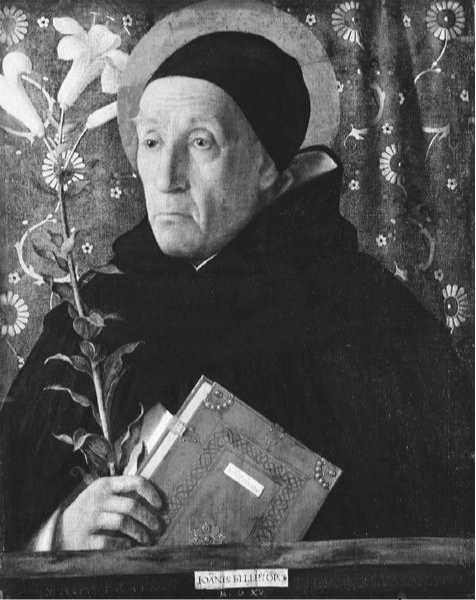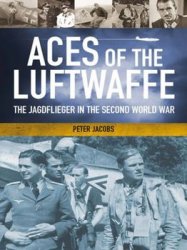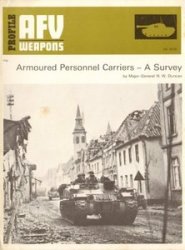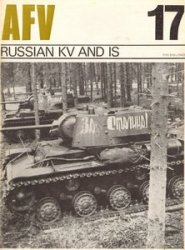
Alchemy: A semi-scientific discipline that holds that through the application of certain chemical processes, ordinary metals can be turned into gold.
Apprentice: A first stage in the training of a craftsman, in which a young boy went to work, for no wages, in the shop of a master.
Astrology: The study of the stars and planets with the belief that their movement has an effect on personal events.
Friar: A type of cleric, neither a priest nor a monk, who both preaches and teaches.
Guild: An association to promote, and set standards for, a particular profession or business.
Journeyman: A middle stage in the training of a craftsman, in which a teenaged boy worked for wages; if he proved himself as a journeyman, the guild would declare him a master craftsman.
Mendicant: Dependent on charity for a living.
Minstrel: A wandering musician.
Nation-state: A geographical area composed largely of a single nationality, in which a single national government clearly holds power.
Working class: A group between the middle class and the poor, who typically earn a living with their hands.
Other crusade; even so, his initial call for troops in 1198 raised little interest. It took four years to pull together a big enough army.
Other than Innocent, this Crusade lacked the strong figures who had driven the first three ventures; this time the guiding force was Venice, which provided five hundred ships and expected to make a profit. The crusaders set off for Egypt, which they intended to conquer before going on to win back Jerusalem, but they never got past Constantinople. There they became involved in a power struggle in which they helped the Byzantine prince Alexis seize the throne from his father. In the meantime, they had to pay off their Venetian sponsors, so they captured one of the Byzantines' port cities, Zara, in October 1202. When the Byzantines overthrew Alexis in 1204, the crusaders took over Constantinople.
Thus the Byzantine capital became the center of yet another crusader state, the so-called Latin Empire, which consisted of little more than a portion of Greece. The Byzantines retreated to Trebizond in Turkey until the recapture of Constantinople in 1261 by Michael VIII Palaeologus (pay-lee-AHL-uh-gus; ruled 1259-82). Michael founded a dynasty under

St. Dominic founded the Dominicans, an order of friars who depend on charitable donations. Reproduced by permission of the Corbis Corporation.
Which Byzantium enjoyed its last gasp of power, but the damage done by the crusaders was irreparable. This probably bothered the Western Europeans little, however: they despised the Greeks even more than they did the Muslims and were happy to participate in Byzantium's destruction—even though to do so was to erode an empire that had long served as a buffer between Western Europe and its enemies to the east.




 World History
World History









